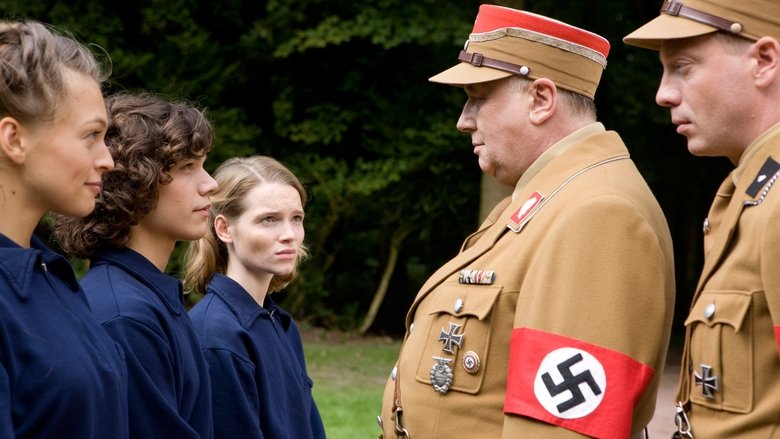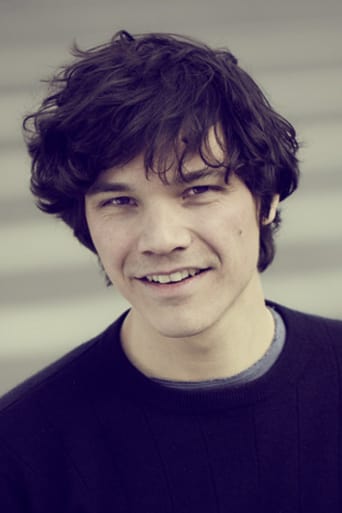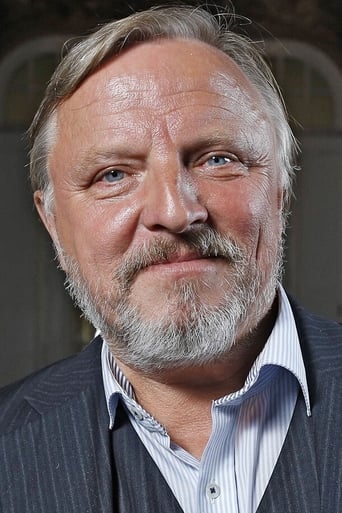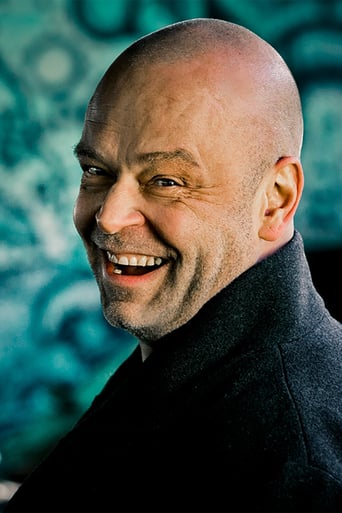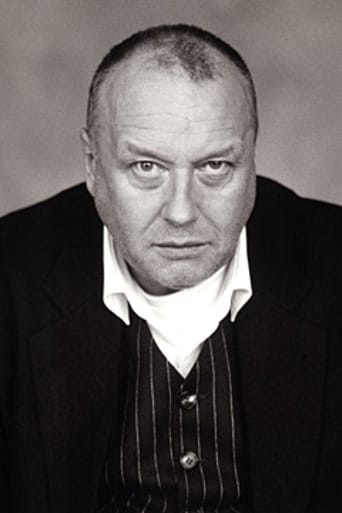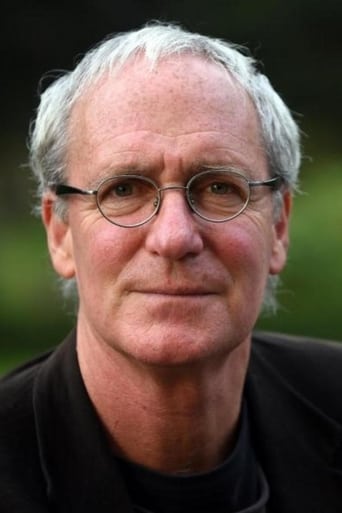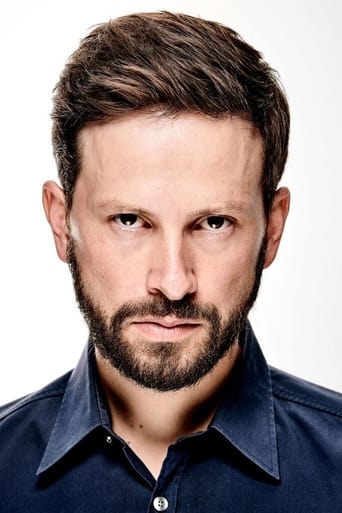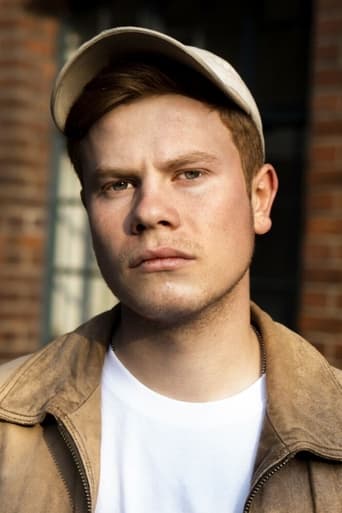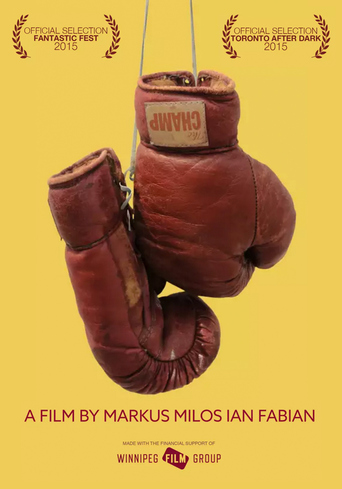
Berlin 36 is a 2009 German film telling the fate of Jewish athlete Gretel Bergmann in the 1936 Summer Olympics. She was replaced by the Nazi regime by an athlete later discovered to be a man. The film is based on a true story and was released in Germany on September 10, 2009. Reporters at Der Spiegel challenged the historical basis for many of the events in the film, pointing to arrest records and medical examinations indicating German authorities did not learn Dora Ratjen was male until 1938.
Similar titles

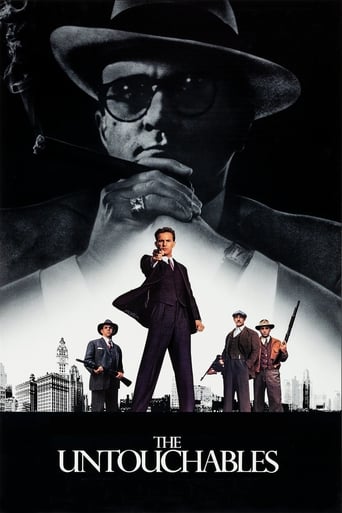
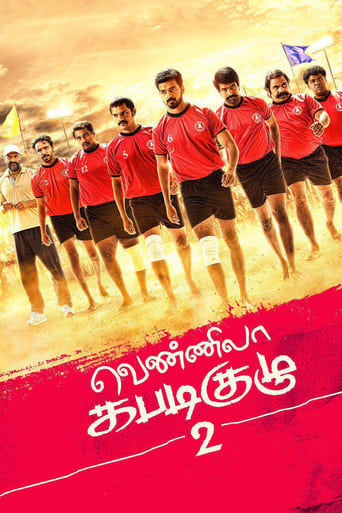


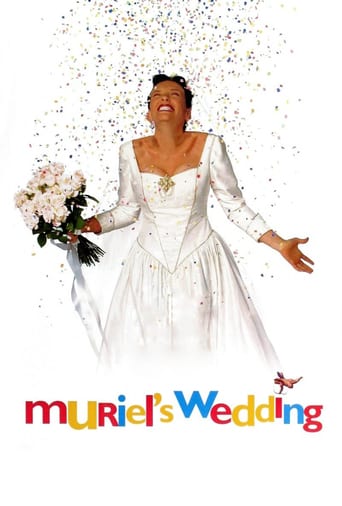
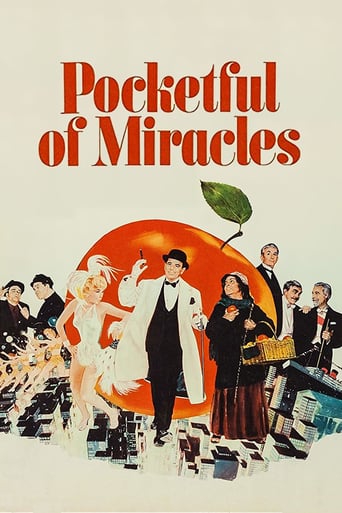
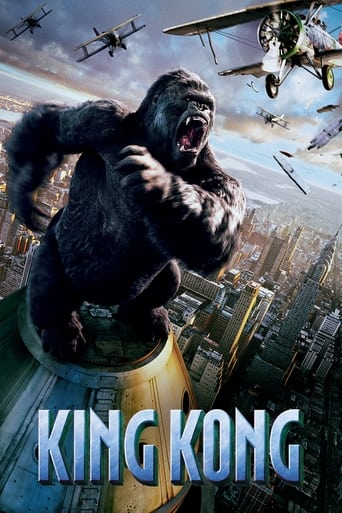

Reviews
Very well executed
the audience applauded
Fresh and Exciting
Don't listen to the negative reviews
There hasn't been a lot done in movies about the 1936 Berlin Olympics - at least not that I've come across. Those Games, of course, are now famous as the Nazi Games. Hitler and the Nazis, having come to power three years before, were determined to use the Games to demonstrate "Aryan" superiority. What most people remember about those Games is that theory being blasted out of the water by African-American sprinter Jesse Owens. This movie deals not so much with the Olympic Games themselves, but with Germany's preparations for the Olympics, and in particular with the selection of the German Ladies High-Jump team.The United States was threatening a boycott of these Games if German Jewish athletes weren't allowed to compete for Germany. On the one hand, the Nazis had no intention of allowing Jews to represent Germany; on the other hand, the Nazis couldn't risk an American boycott of the their Games. So they developed an elaborate ruse. A Jewish female high jumper (Gretel Bergmann) had emigrated to Britain and become British champion. She's "convinced" to return to Germany to train with the German team. With her family still in Germany, she has little choice but to comply or have them face the consequences. As she's told, this is also the perfect opportunity to expose the myth of Aryan superiority. All she has to do is win - except that she's not going to be allowed to do that. To make sure, the Nazis plant a ringer on the team: a young man raised by his mother as a girl. Named Maria Ketteler, he/she and Gretel develop a bond and a friendship, each of them being forced by the Nazis to do something they'd rather not be doing. Gretel would have preferred to stay in London; Maria wants to end the charade her mother has forced her to live all her life and simply live as a man. The character of Maria is problematic. That wasn't her real name. Her real name was Dora Ratjen, and it wasn't simply that her mother wanted a girl and so raised a boy as a girl. Dora was born with ambiguous genitalia. I don't know why the producers of this would have chosen to change those facts.This movie isn't as harsh as some movies about Nazi Germany. The overt prejudice against Jews isn't as violent as we usually see (of course, the Olympics were held before Krystallnacht and before the Holocaust had begun in earnest.) Gretel isn't liked by her "team-mates." She's isolated, she's lonely, German officials will come up with any excuse to prevent her from competing, and yet she'll be forced to train and go through the motions as if she might. She becomes a definite object of sympathy. You do feel sorry for her. Actress Karoline Herfurth brought forth that sympathetic reaction very well. You also feel for Maria (Sebastian Urzandowski). None of this is his/her fault. Their bond, after Gretel gets over the shock of discovering Maria's "secret," is real and understandable. Nothing really tragic happens to either of them. In that sense this isn't a "Holocaust" movie. Both survived the "Holocaust." But it's a sad movie of two people caught up in an insane system in an insane country in an insane period of time.As the movie ends, we're introduced to the real Greta Bergmann (this is a true story) who answers a few questions about the Games and about Maria. Greta and her family emigrated to New York before the War. Maria was discovered to be a man, but survived the War, unfortunately becoming a recluse, finally dying in 2008. This is a well done story of a little known event in Nazi history. It's neither brutal nor violent. Instead, it's interesting but sad. For those interested in the era, it should be seen. (9/10)
We live in an unfair world, and we know it. In fact, we are already so sanitised by this that nothing much surprises us anymore. Not people who pretend to be nice to you while harbouring thoughts of how to make use of you to their advantage. Not people who put up a front to appear professional while conniving on how to take charge of the situation. No, not even the glory of sportsmanship inspires us anymore. Which is why we are not particularly taken aback that something this unthinkable happened in history – that sportsmanship was manipulated by the state to serve certain political agenda. And mind you, this happened some 74 years ago.Such is the darkness behind the glory of the Olympic spirit.The year is 1936, and the great and mighty Americans are putting pressure on the Germans because of their refusal to allow Jews on their Olympic team. They will boycott the Olympic Games if the Nazis do not lift that ban, especially in the case of high jumper Gretel Bergmann. The Nazis eventually allowed the poor girl (who migrated to Britain and became a champion there) to come home, but sneakily sent a rival Marie Ketteler to upset the situation. A friendship between the two athletes and before anyone knows it, a tension that could upset a nation's glory is formed.Karoline Herfurth plays the Jewish athlete Bergmann (you can tell when she doesn't shout "Hail Hitler" like the rest of the characters) with conviction, and the indomitable spirit shines from her commendable performance. Looking comfortable in both sports and civilian outfits, Herfurth exudes a certain class and charm that we have not seen on the big screen for a while. Meanwhile, Sebastian Urzendowsky plays her teammate Ketteler who is, well, no point trying to hide here – a man. He has the looks and built of a fine young man, but somehow the filmmakers managed to portray a "woman" who is torn between the truth and falsehood. Maybe it's "her" curly hair, maybe it's "her" somewhat sultry look, or maybe it's just "her" demeanour as a "lady", but we managed to continue watching all 107 minutes of the movie thinking that "she" is one of the girls.What seems to be a predictable storyline turns out to be a multifaceted display of human emotions (thanks to the all rounded and competent performances of the cast), where the most basic human feelings of pride, honour, humility and respect are exhibited through the characters' objectives and motives. There is always a looming feeling of dread as the film proceeds, as you fear something ominous for our heroine who deserves so much more than being chucked aside due to political reasons.But history has already inked its place in time, and what already took place cannot be reversed. Some may call it a lesson of survival, some may call it a reminder of what cultural and historical conflicts can bring about, while some others may call it a tale of human instincts. So when the 96 year old Gretel Bergmann appears at the end of the film for an interview on the rather unfortunate incident that happened 74 years ago, you may just forget the unfairness of the world dishes to us, and feel the real human emotions that are genuine and heartening.
Berlin 36 (2009), is a German film directed by Kaspar Heidelbach. As the name implies, the action is set before and during the 1936 Summer Olympics in Nazi Germany.German politicians were caught on the horns of a dilemma--some of their finest athletes were Jewish. The Nazis would rather lose a medal for Germany than admit that Jewish athletes could be among the world's greatest.When it became obvious that German Jews were being systematically kept out of the competition, progressive U.S. citizens called for a U.S. boycott of the Olympics. However, Avery Brundage, the U.S. Olympic President, would have none of this. Not only did he want U.S. athletes to compete, which at least is understandable, but he was a known Nazi sympathizer and anti-Semite. (Not just my opinion--check out his Wikipedia entry.) So, the problem was solved by having the Germans give assurances that German Jewish athletes could, indeed, compete at the Olympics, and then making sure that they didn't actually compete.Caught in this sick, volatile situation is Gretel Bergmann (played by the lovely Karoline Herfurth) who is certainly the best woman high jumper in Germany, and possibly the best in the world. The Nazis were determined that she would not compete, and one method they chose to assure this was to bring onto the team an untried, but gifted, athlete named Marie Ketteler. Both Gretel and Marie understand what's going on, but they nonetheless form an unlikely friendship and alliance. In the ghastly situation present in Nazi Germany in 1936, whether or not an athlete competes in the high jump may seem extremely trivial. However, the movie gives a good sense of how thoroughly Naziism pervaded the entire fabric of pre-war Germany, and how readily non-Germans with fascist tendencies played along with Hitler's plans.Incidentally, although this is not portrayed in the film, Brundage also saw to it that some American Jewish athletes were removed from Olympic competition because "he didn't want to embarrass the Nazis." He was just a great all-around sportsman. We saw this film at the wonderful Rochester Jewish Film Festival. Some of the effects of the large-scale stadium productions will be lost on the small screen, but the intense parts of the film will work well on DVD.For some reason, this movie has earned a ridiculously low IMDb average of 6.5. Hard to believe and, to me, inexplicable. Ignore the rating. Find this film and see it!
With Singapore hosting our first Olympics event, albeit the inaugural Youth Olympic Games, perhaps it is apt for us to reflect upon the importance of the values and spirit promoted by the Games toward the notion of Swifter, Higher, Stronger, because not always were the Games free from influence other than sports excellence and the triumph of human determination and to see how perseverance and training paid off.Based on a true story and set in 1936 Berlin, where Germany is on the cusp of holding their first Olympic Games in the summer, Berlin 36 tells of how politics managed to get embroiled into sports, no thanks to Adolf Hitler sweeping into power some three years before, and taking the Games as a platform to further his party's propaganda, extending his prejudice and discrimination toward the Jews in not allowing them to compete under the German flag. This of course does not bode well for the United States, and to appease them in order to stave off a potential boycott by the US and her allies, the Germans had to pass off a show to rescind their decision for the Jews exclusion. This means that the world's best high jumper of the time, the German Jew Gretel Bergmann (Karoline Herfurth) had to be "persuaded" to return to the Fatherland for representation and competition.This drama directed by Kasper Heidelbach not only tackles the issue of the kind of extreme discrimination and belief in the superiority of the Aryan race, but poses a more thought- provoking examination at the macro level issues as faced by Gretel in tackling and addressing prejudices from all angles, being the lone athlete in a training village, treated like an outcast by fellow citizens. She finds it near impossible to show love and pride in being able to represent her country that doesn't love her back, what more to earn honours for it? Like any authoritarian regime, they function on the basis of threats not only to self but family, and is able to shape outcomes as desired through silence, and misdirection.And the worst was of course in hand-picking Marie Ketteler (Sebastian Urzendowsky) to become Gretel's chief rival both in training and the eventual competition, not that there was any intent anyway to allow Gretel to make it all the way to the Olympics proper. Marie is seemingly able to challenge Gretel one on one, which is quite expected should you read the synopsis or know the background of Marie's deep, dark secret. Like Gretel, Marie was also forced to be in the limelight to do as told, and deviations to the established plan was going to be frowned upon severely. What once began as a cold rivalry soon paves the way toward firm friendship, as both Gretel and Marie find themselves under the same circumstances of being played as puppets, and both harbour hopes of somehow being able to break away from the bonds that shackle them.It is precisely the chemistry between the cast, especially the leads, that pull this film off, in providing an engaging and engrossing premise for their cooperation/competition. Production values for this historical story is kept high, and also provided room to boast some fantastically designed sets and effects used to recreate 1930s Germany, as well as the impressively recreated Stadium used for the Games featuring huge Zeppelins flying overhead. These money shots at the finale will put you smack in the middle of the propaganda festivities where important decisions will be made by the leading two athletes, and one can imagine just how the actual mood and feel would be like on the streets and at the venue.I have a penchant for films about sports from the yesteryears, because when documented and portrayed accurately, allow the modern audience a glimpse into how the sport of today have evolved from time past. The high jump here is slightly different from the techniques and styles employed now, so that should pique your interest enough as one of the points to watch this film. There may be some quarters grumbling about how much the YOG budget is costing us, but let's not mix politics with this platform for our youths to have a go and competing with their peers representing the best from countries around the world.
Top Streaming Movies











